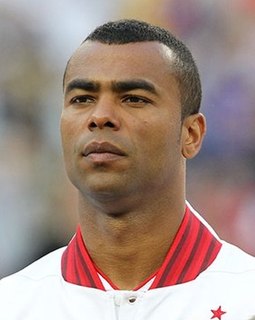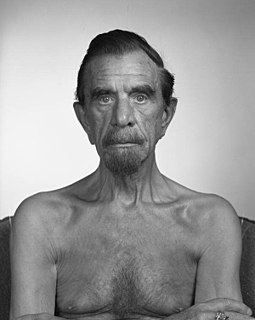A Quote by Prince Charles
As human beings we suffer from an innate tendency to jump to conclusions; to judge people too quickly and to pronounce them failures or heroes without due consideration of the actual facts and ideals of the period.
Related Quotes
Facts are neutral until human beings add their own meaning to those facts. People make their decisions based on what the facts mean to them, not on the facts themselves. The meaning they add to facts depends on their current story … facts are not terribly useful to influencing others. People don’t need new facts—they need a new story.
Such exaggerations have been so common that the public takes them with a grain of salt and partly excuses them as being due to the advertiser's license of self-assertiveness. Nevertheless, the fact remains that superlative generalities are weak arguments and far less convincing than a statement of facts. Much advertising copy would be improved immensely by doing away with brag and substituting actual facts about the merits of the article.
Ideals are very often formed in the effort to escape from the hard task of dealing with facts, which is the function of science and art. There is no process by which to reach an ideal. There are no tests by which to verify it. It is therefore impossible to frame a proposition about an ideal which can be proved or disproved. It follows that the use of ideals is to be strictly limited to proper cases, and that the attempt to use ideals in social discussion does not deserve serious consideration.
In what terms should we think of these beings, nonhuman yet possessing so very many human-like characteristics? How should we treat them? Surely we should treat them with the same consideration and kindness as we show to other humans; and as we recognize human rights, so too should we recognize the rights of the great apes? Yes.
We ought to consider the interests of animals because they have interests and it is unjustifiable to exclude them from the sphere of moral concern; to make this consideration depend on beneficial consequences for human beings is to accept the implication that the interests of animals do not warrant consideration for their own sakes.






































